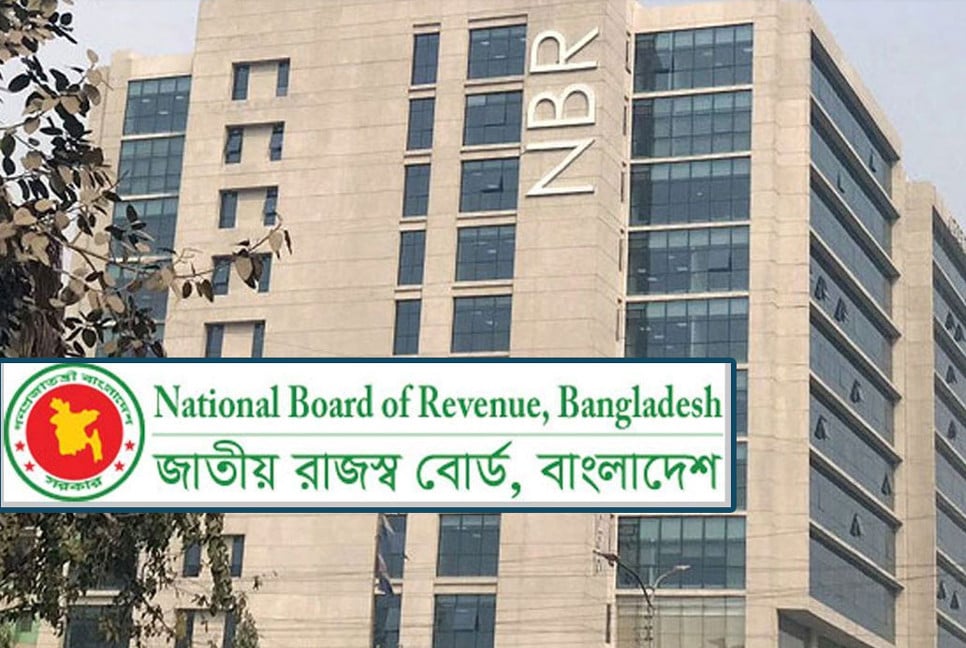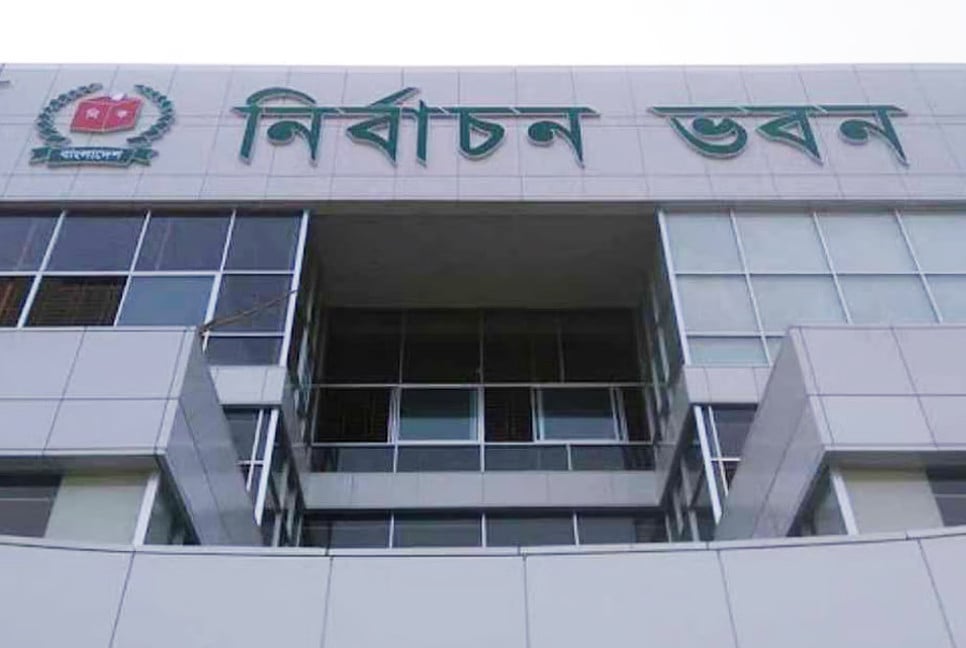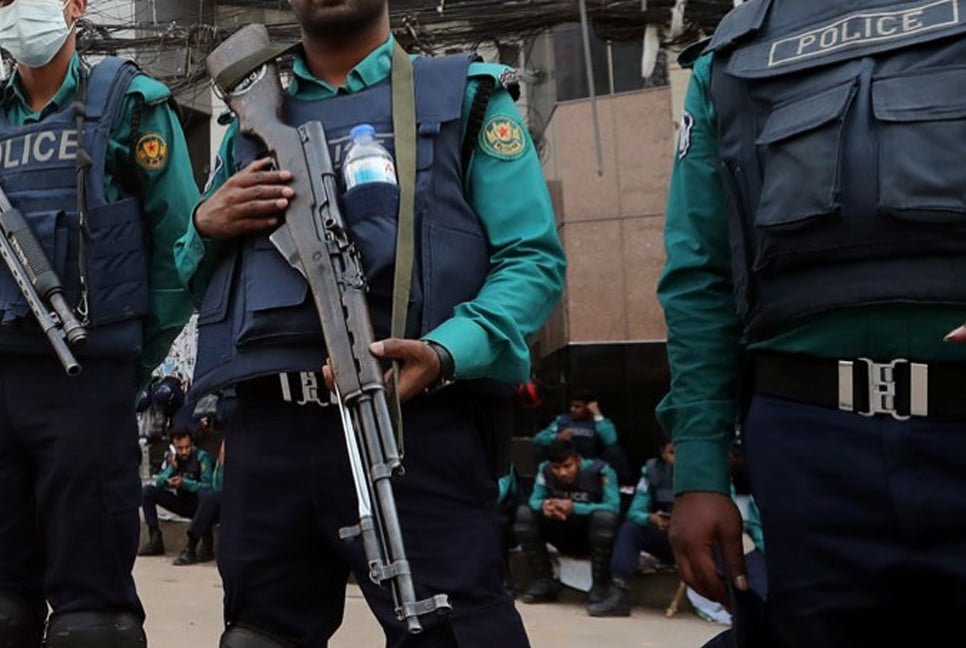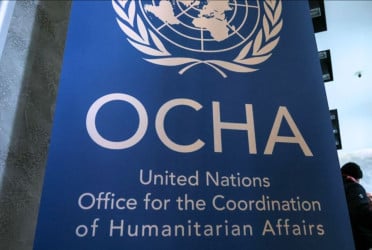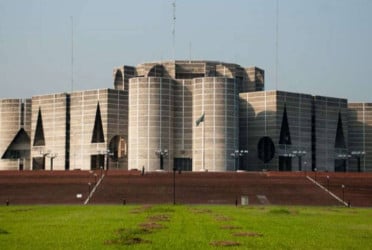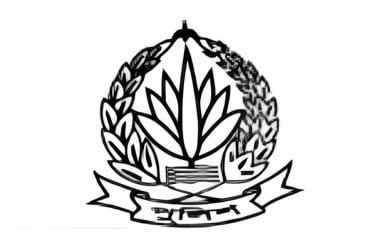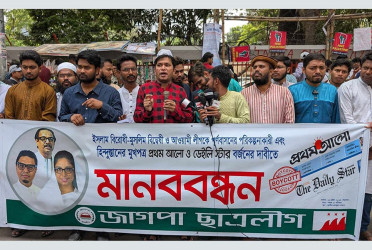Government is facing a severe revenue shortfall, with a deficit exceeding 30,000 crore taka in the first four months of the fiscal year, raising serious concerns about the implementation of the national budget.
The country is grappling with high inflation, a liquidity crisis in banks, sluggish budget execution, and declining export earnings, all of which have exacerbated the budget gap.
Amid these challenges, the interim government is under mounting pressure, with economists pointing to political instability as a key factor straining the revenue sector and hindering financial sector stabilization efforts.
The National Board of Revenue (NBR) reports a revenue shortfall of 30,768 crore taka for the first four months of the current fiscal year (July-October). The economic situation has been further strained by the pressures of foreign debt repayments and the ongoing dollar crisis.
According to NBR, revenue targets were missed in every month from July to October.
In addition to the failure to meet targets, there has been negative growth in revenue collection.
The latest NBR data shows a total shortfall of 30,832 crore taka in customs and tax revenue for the July-September period of the 2024-25 fiscal year.
Even in October and November, the government struggled to meet its revenue targets.
According to the NBR's Statistics Department, the total revenue target for July to October was 1,32,114.20 crore taka, but the actual revenue collected amounted to 1,01,281.53 crore taka, resulting in a shortfall of 30,832 crore taka. The negative growth during this period was 1.3%.
In October alone, the revenue target was 35,614 crore taka, but only 27,072.65 crore taka was collected, leaving a deficit of 8,541.35 crore taka and a growth rate of just 0.84%.
In the income tax sector, the shortfall was 13,362 crore taka, with a target of 45,243 crore taka, but only 31,880 crore taka was collected, reflecting a growth of 1.78%.
In the import-export sector, the target for the four months was 39,632 crore taka, but only 32,671.14 crore taka was collected, resulting in a shortfall of 6,960.86 crore taka and a growth of 0.83%.
VAT collection also faced a significant deficit, with a shortfall of 10,509.24 crore taka. The target was 47,239 crore taka, but only 36,729.96 crore taka was collected, marking a negative growth of 4.88%
The Ministry of Finance has said that the pace of ADP (Annual Development Program) implementation has slowed due to political instability. In light of this, new guidelines have been issued to accelerate the implementation of the budget.
The Ministry has provided 13 directives for the revision of the budget, including limiting the number of projects, prioritizing development projects, and ensuring that no project is included in the budget without allocation.
Economist and Executive Director of CPD, Dr Fahmida Khatun, emphasized that the government must clearly define spending priorities. She suggested that, considering the inflationary pressures, the budget should address measures to ease these challenges, and take steps to reduce commodity prices.
Additionally, coordination between monetary and revenue policies is essential.
Translated by ARK/Bd-Pratidin English

